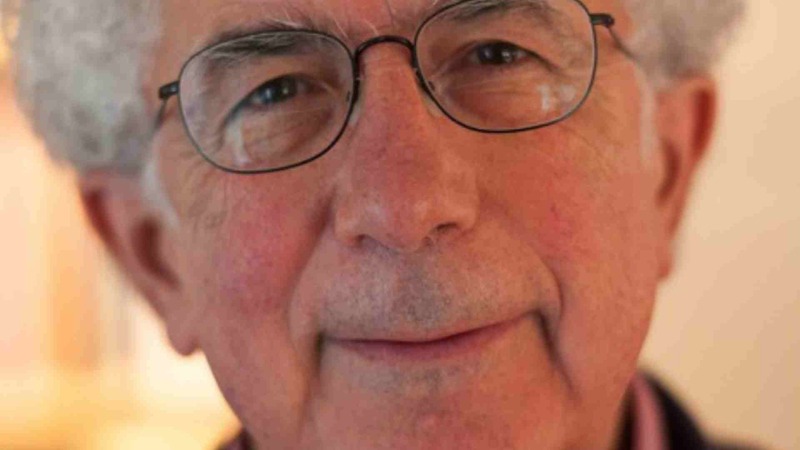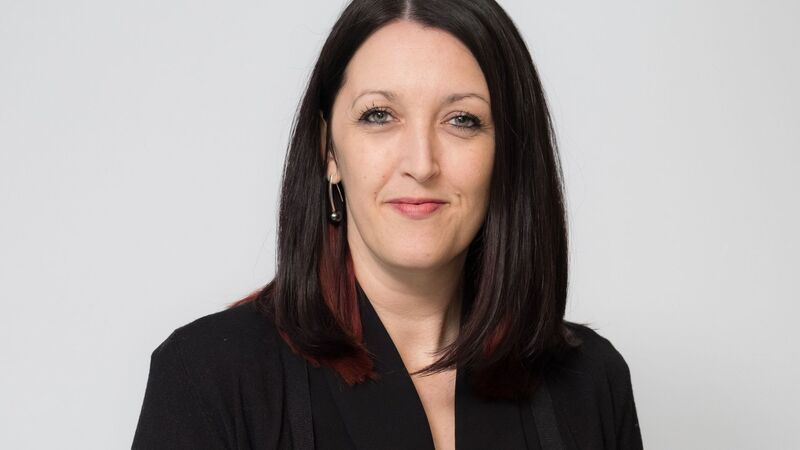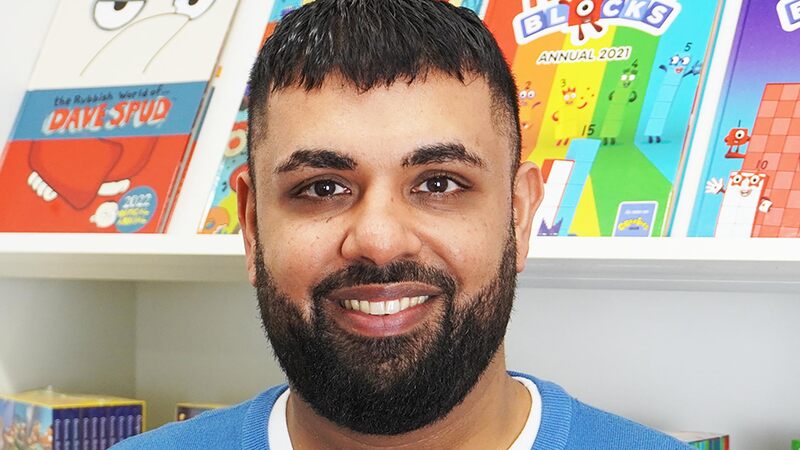You are viewing your 1 free article this month. Login to read more articles.
Trade rides boom from TV and film
The relationship between the book, TV and film industries has never been stronger trade figures have said, with new, hungry players such as Netflix and Amazon Prime spurring on the number of dramatic rights deals being struck.
The streaming companies have big budgets and are commissioning rapidly, meaning the market is moving quicker and competition among production companies is getting fiercer, particularly in TV, which is now a “writers’ market”, The Bookseller has been told.
Emily Hayward Whitlock, head of book to film at The Artists Partnership, said the number of titles optioned had notably risen over the past couple of years, particularly in TV, where growth has been “exponential”.
“I have found myself in a situation where there’s five or six UK companies interested in the rights for a work, so you end up having a mini auction for them... that is now happening quite a lot, especially when it is something really original,” she said.
Agent Diana Tyler, joint head of MBA literary and script agents, agreed. ”I think there is more interest in book-to-film adaptations than ever before,” she said. “If you have a book that has sold incredibly well, you’re going to get people from America asking about that book straight away.”
She added: “The publishing and film world are also getting together more. Producers come to see us and we talk about books and what we’ve got, more than ever before.”
As a result, the market has started to heat up with increasing competition over options for key titles.
“Things are really starting to change now because [Netflix and Amazon] are acquiring books directly, both now have literary scouts,” Hayward Whitlock said. “They can move fast and they’re less cautious than traditional broadcasters. Competition has really been upped.”
Up to a third of new projects at TV production company Tiger Aspect are based on books. Ben Hough, who works in its development team, agreed that competition for rights had become more fraught. “There are lots of books about, but when a really good one comes along, the bidding can be fierce and you really have to make yourself stand out as a company,” he said. “The execs here have often said that TV is currently a writers’ market.”
A rich resource
Executive producer and director Kate Sinclair, who is currently adapting Jessie Burton’s The Miniaturist for The Forge, said in her experience the desire to draw on books has “always been there” but what has changed is the rise in popularity of long-form television, returning series like "Game of Thrones" now "the holy grail of television".
One reason books make good television adaptations for companies such as Netflix and Amazon is because they provide audiences with better engagement with complex plots and characters. Another is the kudos a high-profile author, or the reputation a classic book, can bring to an adaptation from the off.
“TV is perfect for character drama, as it affords audiences unique access and engagement with complex characters and plots,” said Maddy Milburn of the Madeleine Milburn Literary, TV and Film Agency. “It also has far more space and time to go deeper and further with stories that are naturally quite episodic. The book market is a natural source for television companies looking for this kind of story because its trends [such as the recent and unrelenting spate of thrillers] are often reflected in TV as well.”
The “richer template” books can provide film and television is “really having a moment”, agreed Philippa Donovan, literary scout at US production company Mad Rabbit, with classic books or an author’s reputation seen increasingly as “a major unique selling point”.
“Amazon and Netflix [have] big budgets, so there’s no longer that sense of demarcation between the big and the small screen. The small screen is now just as punchy,” she said. Agents also pointed to how streaming companies were looking for distinctive content, such as Amazon’s “Transparent”, in order to widen the platforms’ appeal to new audiences.
Screen impact
In terms of an adaptation’s effect on books, Nick Marston, chairman theatre, film and TV of the Curtis Brown Group, said they could have a “transformative” impact on a book or brand, especially as more distinctive, high-level authored TV has grown. “I know Margaret Atwood already has a huge readership but it will make a big difference to book sales,” he said of Hulu’s remaking of The Handmaid’s Tale (Vintage). The tie-in edition of Daphne du Maurier’s My Cousin Rachel has already seen a “substantial” uplift in sales, ahead of the film’s release, Virago’s editorial director Donna Coonan said.
She added that she had never seen a film production company more “proactive” before this year, with the production company collaborating closely with Virago on cross-marketing for both the film and the tie-in edition. Writer and director Roger Michell has contributed to the book’s introduction and is set to appear at the Hay Festival with the publisher.
This said, publishers were clear in spite of the benefits that the book would always come first. Tim Holman, publisher at Orbit, said: “Screen adaptations can obviously have a huge impact on book sales, but it hasn’t changed Orbit’s acquisition strategy. We acquire the authors and books that we are excited about publishing in book form.”
Stef Bierwerth, Quercus Fiction publisher, agreed, remarking on JP Delaney's The Girl Before, optioned by Universal with Ron Howard attached to direct. “We can never rely on it as a component to our publishing [...] but it does mean reaching an even wider audience, which is always one’s biggest hope for any story you publish,” she said.















